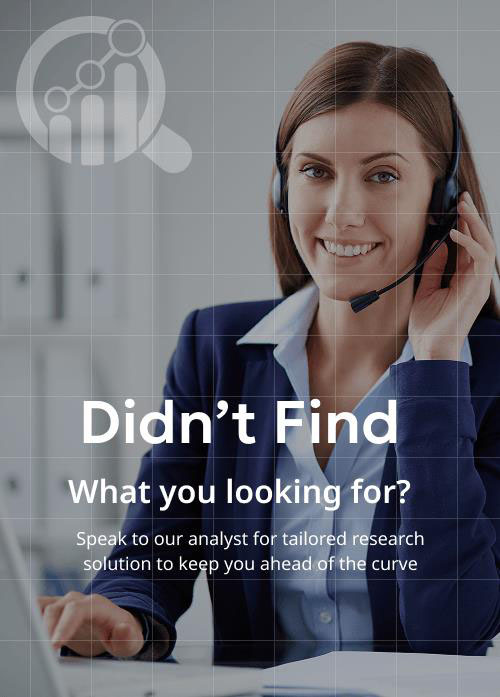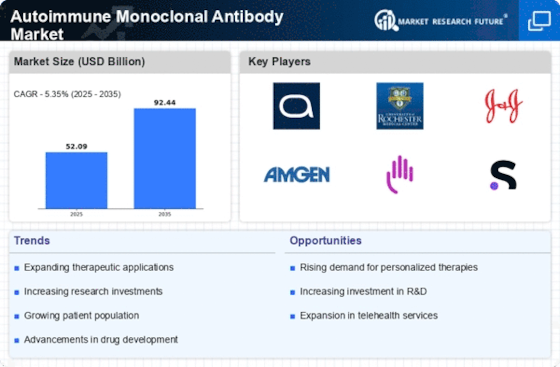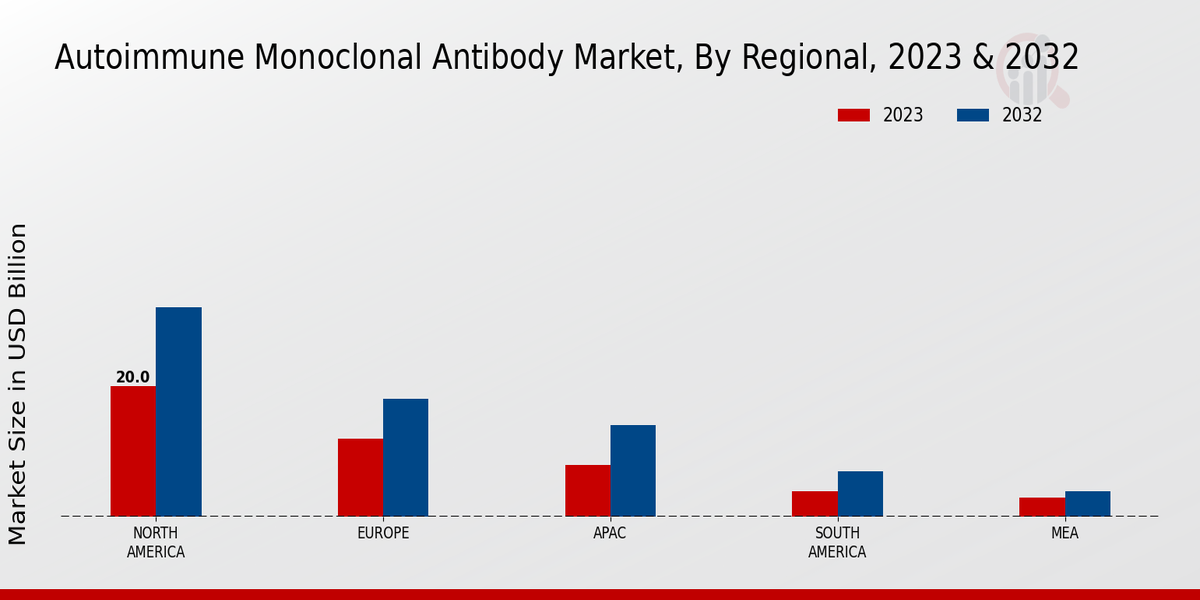Market Growth Projections
The Global Autoimmune Monoclonal Antibody Market Industry is projected to experience substantial growth in the coming years. With an estimated market value of 52.1 USD Billion in 2024, the industry is on a trajectory to reach 92.4 USD Billion by 2035. This growth reflects a compound annual growth rate of 5.35% from 2025 to 2035, indicating a robust demand for monoclonal antibody therapies. The increasing prevalence of autoimmune diseases, coupled with advancements in biotechnology and regulatory support, suggests a promising future for the market. These projections highlight the potential for continued innovation and investment in the field.
Advancements in Biotechnology
Innovations in biotechnology are propelling the Global Autoimmune Monoclonal Antibody Market Industry forward. The development of novel monoclonal antibodies through advanced techniques such as recombinant DNA technology and hybridoma technology has enhanced the specificity and efficacy of treatments. These advancements not only improve patient outcomes but also expand the range of treatable autoimmune conditions. As a result, the market is expected to grow significantly, with projections indicating a rise to 92.4 USD Billion by 2035. This growth underscores the importance of continuous research and development in the biotechnology sector, which is crucial for addressing the evolving needs of patients.
Regulatory Support for Biologics
Regulatory bodies are increasingly supportive of biologics, including monoclonal antibodies, which is beneficial for the Global Autoimmune Monoclonal Antibody Market Industry. Streamlined approval processes and incentives for the development of biologics are encouraging pharmaceutical companies to invest in monoclonal antibody research. This regulatory environment fosters innovation and expedites the availability of new treatments for autoimmune diseases. As a result, the market is poised for growth, with the potential for new entrants and products to emerge. This supportive regulatory landscape is likely to play a pivotal role in shaping the future of the industry.
Rising Prevalence of Autoimmune Diseases
The Global Autoimmune Monoclonal Antibody Market Industry is experiencing growth due to the increasing prevalence of autoimmune diseases. Conditions such as rheumatoid arthritis, lupus, and multiple sclerosis are becoming more common, affecting millions globally. For instance, the World Health Organization indicates that autoimmune diseases are among the leading causes of morbidity worldwide. This rising incidence drives demand for effective treatments, including monoclonal antibodies, which are increasingly recognized for their efficacy. As the market adapts to these needs, the industry is projected to reach 52.1 USD Billion in 2024, reflecting a significant response to the growing patient population.
Increased Investment in Healthcare Research
The Global Autoimmune Monoclonal Antibody Market Industry benefits from increased investment in healthcare research and development. Governments and private entities are allocating substantial funds to explore new therapeutic options for autoimmune diseases. This financial commitment is evident in various initiatives aimed at enhancing drug discovery and clinical trials for monoclonal antibodies. Such investments are likely to yield innovative treatments that can address unmet medical needs. As the industry evolves, the anticipated compound annual growth rate of 5.35% from 2025 to 2035 highlights the potential for sustained growth driven by these research initiatives.
Growing Awareness and Diagnosis of Autoimmune Disorders
There is a notable increase in awareness and diagnosis of autoimmune disorders, which is positively impacting the Global Autoimmune Monoclonal Antibody Market Industry. Enhanced education among healthcare professionals and the public has led to earlier detection and treatment of these conditions. This trend is crucial, as timely intervention can significantly improve patient outcomes. Furthermore, as diagnostic technologies advance, more individuals are being identified with autoimmune diseases, thereby increasing the demand for monoclonal antibody therapies. This growing recognition of autoimmune disorders is expected to contribute to the market's expansion, aligning with the projected growth trajectory.















